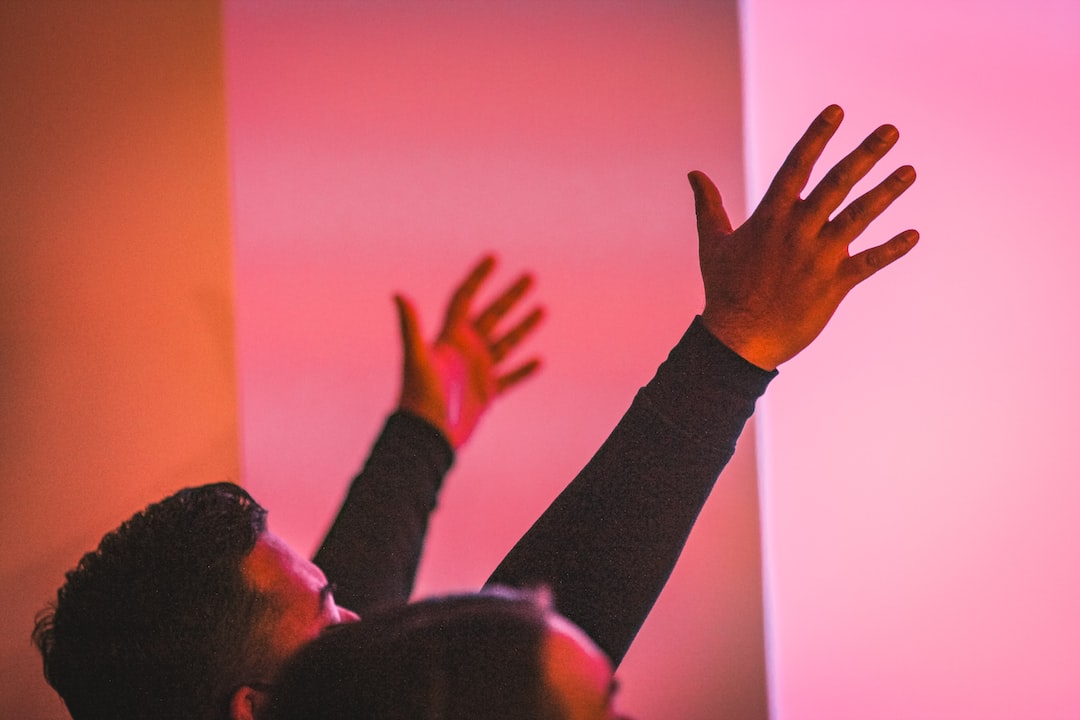Embracing Doubt: The Journey to a Deeper Faith
Faith is often viewed as unwavering belief, a certainty in something unseen. However, what if doubt is not the enemy of faith but rather an essential part of its growth? In a world full of uncertainties, embracing doubt can lead us to a deeper, more authentic faith.
Doubt is a natural human experience, especially when it comes to matters of faith. It is that nagging feeling that questions whether what we believe is true. It challenges the very foundation of our beliefs and can cause us to question everything we once held dear. But instead of fearing doubt, we should embrace it as an opportunity for growth.
Doubt can help us reevaluate our beliefs and deepen our understanding of our faith. It pushes us to seek answers and seek a more profound connection with the divine. Doubt invites us into a space of questioning and invites us to wrestle with the complexity of our beliefs. It is in this wrestling that we can truly experience growth and transformation.
The journey of doubt often begins with a crisis of faith. It may stem from a traumatic event, a loss, or even a period of spiritual dryness. It shakes the very core of our beliefs and leaves us feeling lost and uncertain. But it is precisely in these moments of struggle that we can find the courage to confront our doubts and allow them to lead us into a deeper faith.
To embrace doubt requires vulnerability. It necessitates acknowledging that we do not possess all the answers and that our understanding of faith is limited. It invites us to seek out different perspectives, to engage in thoughtful dialogue with others, and to be open to new ideas. By doing so, we can challenge and refine our beliefs, leading us into a more nuanced understanding of faith.
Moreover, doubt brings humility. It reminds us that we are not God and that our understanding of the divine is incomplete. It allows us to let go of our need for control and surrender to the mystery of faith. Doubt encourages us to seek guidance from trusted spiritual mentors, to engage in prayer and meditation, and to be open to the possibility of divine revelation.
Embracing doubt also requires patience. Doubt is not a quick fix; it is a journey that takes time. It takes perseverance and an unwavering commitment to seeking the truth. Doubt is not a sign of weakness but rather a testament to our desire for a faith that is genuine and authentic. It is in the process of doubting that we develop a resilient faith that can stand firm even in the face of uncertainty.
In conclusion, embracing doubt can lead us to a deeper, more meaningful faith. Doubt challenges our beliefs, encourages us to seek answers, and invites us into a space of growth and transformation. It requires vulnerability, humility, and patience but ultimately leads us to a more nuanced and authentic understanding of our faith. So, let us not fear doubt but rather embrace it as an opportunity to embark on a journey towards a deeper connection with the divine.
